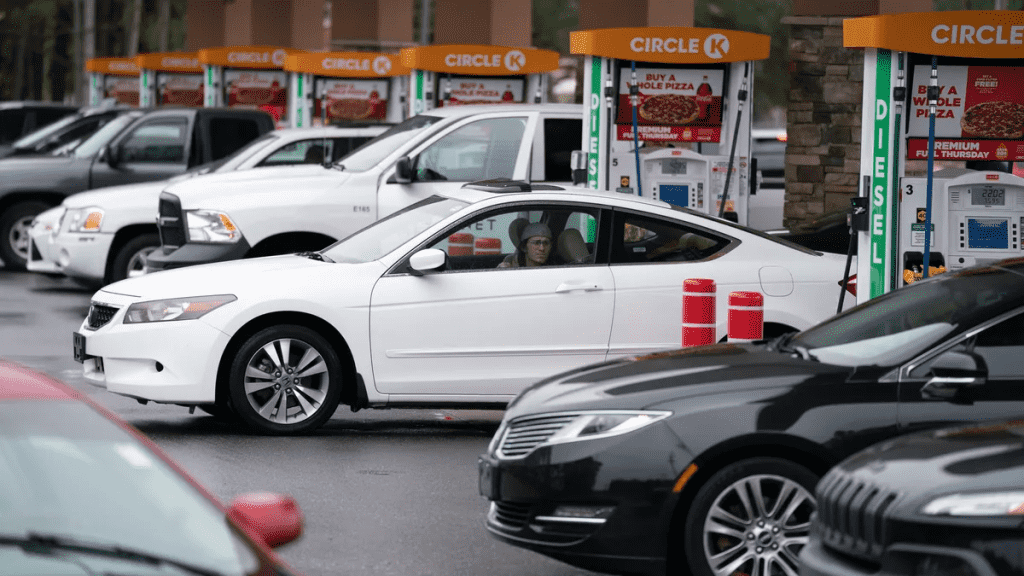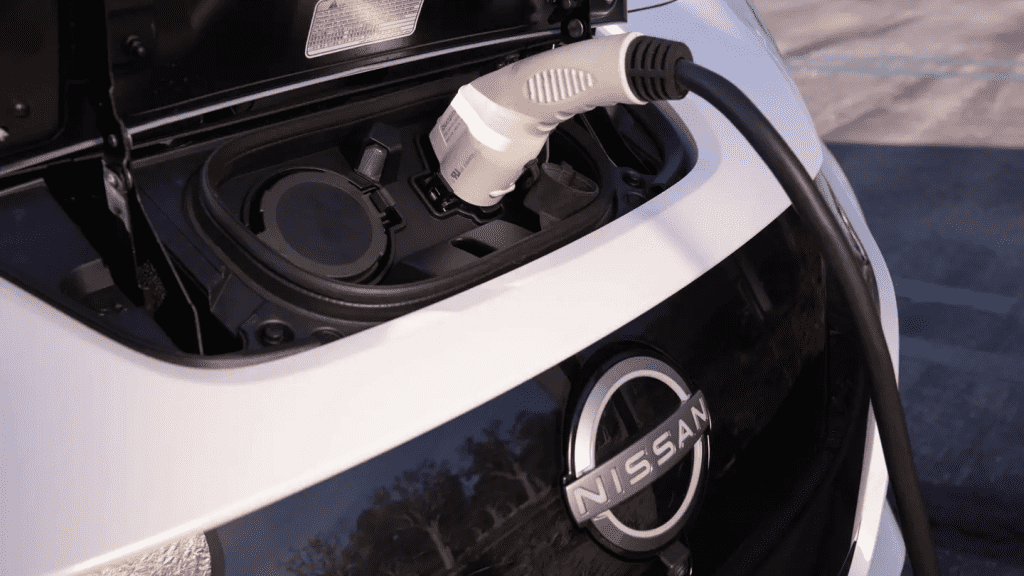North Carolina’s recent Equitable Free Vehicle Fuel Stations bill is causing yet another uproar.
The bill, known as H.B. 1049, contains a variety of clauses designed to prevent the development of free electric vehicle charging stations across North Carolina. Although it was presented on May 26, a recent tweet from co-sponsor state Rep. Ben Moss (R) has again spurred interest in the EV-hostile legislation.
The allocation of up to $50,000 for “the purpose of eliminating any electric vehicle charging stations that do not conform with the terms of this act” has been the most heavily criticized component of H.B. 1049. While the White House works to stimulate the development of EV infrastructure, the bill’s sponsors want to destroy it.
However, the law does not merely prohibit EV charging stations in North Carolina. Instead, it requires both public and private EV charging stations to give “gasoline or diesel fuel for motor vehicles through a pump to the public at no charge” so that other cars can also use those stations.

It’s worth noting that the so-called Equitable Free Vehicle Fuel Stations bill lacks a provision that would oblige gas station owners to install compensated EV charging stations, likely because no one wants to provide free gasoline or diesel fuel. It is primarily aimed at EV charging stations.
The bill also requires businesses to “ensure that each customer of the business, regardless of whether the customer uses the charging stations, is informed of the percentage of the customer’s total purchase price that is a result of the business providing electric vehicle charging stations at no charge, on the receipt for purchases.”

Customers who do not use the free EV charging stations will indeed find this upsetting. However, forget that companies that offer free water, public restrooms, and other services that impact operational costs are not subjected to a comparable requirement. Additionally, this is the only provision that distinguishes between free EV charging stations and charging stations in general.


